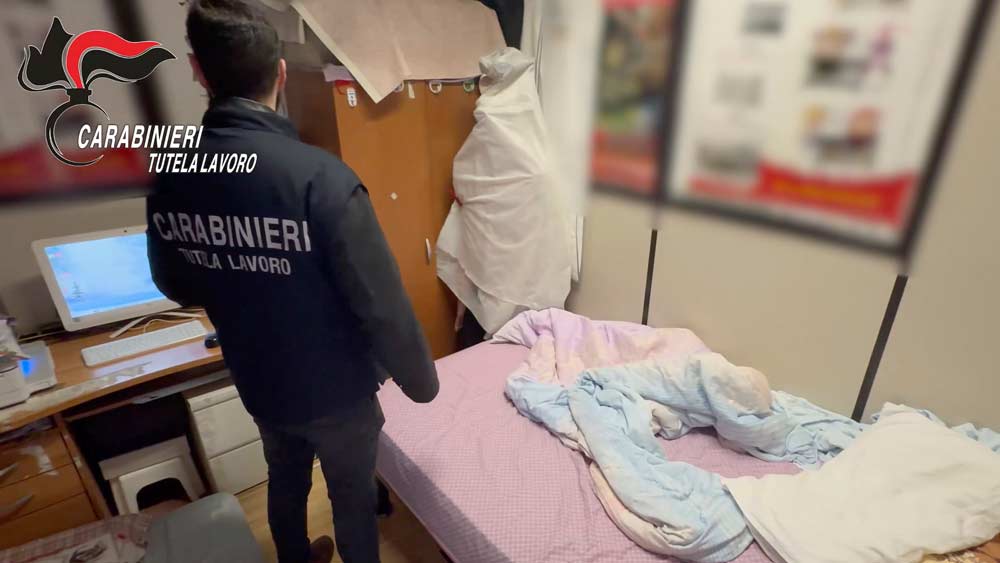
July 18, 2018
Lack of Access to Sanitary Products Has Lifelong Impact
READ TIME: 3 MIN.
Women who have experienced period poverty are more likely to suffer from anxiety or depression, struggle to pay their bills and have an unfulfilling love life, according to research.
A study of 1,000 women, 500 of whom had suffered from period poverty, revealed that a lack of access to sanitary products can have a long-reaching effect on young women's lives.
Nearly two-thirds admitted they lack confidence because of bullies at school, while 39 percent now suffer from anxiety or depression. The same amount said that they don't have many friends and find it hard to socialize.
The research was conducted by Always via OnePoll.com, whose spokeswoman Aileen Nathan, said, "Period poverty is a real issue among women today. But it's only in recent years that we are seeing how the effects of period poverty at a young age can have far-reaching effects through a woman's whole life. Our study found that in many comparisons, life has been more difficult for women who have been unable to access sanitary products, than for those who never had this issue."
The study found women who had a tougher start in life have had twice as many failed relationships as those who didn't.
Forty-one percent of these women describe themselves as "unlucky in love" compared to 36 percent who haven't found themselves in period poverty.
But the results found those who did manage to make it through secondary education were then MORE likely to push through to university and achieve a degree, and even a Master's.
After finishing their education, 44 percent of women who had been through period poverty struggled to find employment. This is 20 percent higher than the figure of women who have never been through the same struggle.
And those who couldn't afford sanitary protection were more likely to settle for the first job they were offered (31 percent versus 24 percent) or one which simply paid the bills (27 percent versus 23 percent).
As a consequence, the majority of women who had experienced period poverty now suffer money troubles, with four in 10 admitting they are sometimes unable to keep up with demands for payment.
The majority of women who have not experienced period poverty do not have these same money worries.
Suffering financially at a young age, however, seems to have a positive effect on women's goals and aspirations. At school, more women who experienced period poverty had hopes and dreams for the future, than those who didn't.
And growing into adults, people who grew up in these hardened circumstances are more likely to go on to fulfill their aspirations.
They are also likely to do it at a younger age, with almost three times as many women leaving home at age 16 if they've suffered period poverty.
Those who haven't struggled to afford sanitary protection are more likely to love their jobs, earn more money, and are generally happier with their life at present.
Alesha Dixon, ambassador for the campaign, said, "The effect that period poverty can have on a girl's future is truly shocking.No school girl should go without the daily essentials that she needs, and no woman should suffer fewer opportunities because of this. I have been talking to both students and teachers about the issue and the shame that young girls feel is very apparent.
"It's really important that we raise awareness of this and give girls the confidence to speak up so that it does not negatively impact them as adults," continued Ms. Dixon. "They are our future!"







